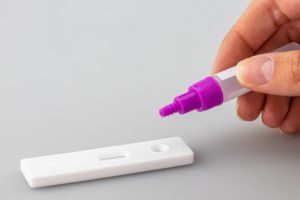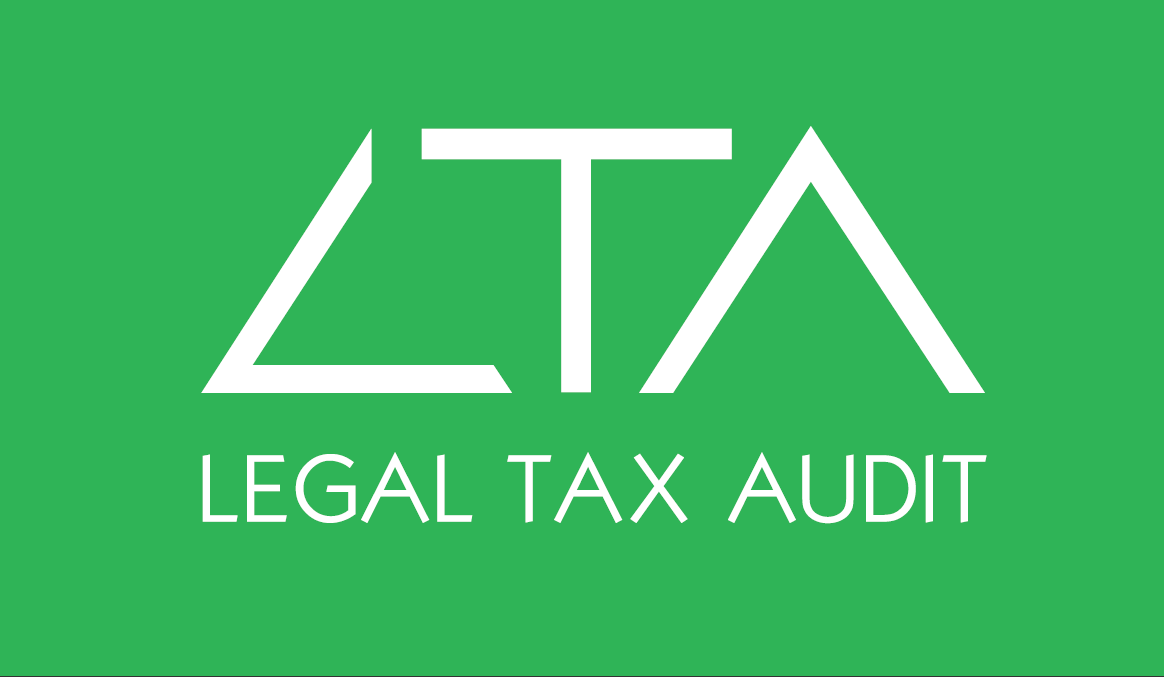
Dear Clients and Partners,
Further to our previous updates, we have prepared a table containing a practical overview of all the basic conditions for regular mandatory testing of employees for COVID-19, effective as of today, i.e. 17.01.2022:
| Employers affected | All employers. |
| Employees affected |
All employees (regardless of whether they have been fully or partly vaccinated or recovered from COVID-19) including agency employees, volunteers, interns, trainees, etc. Only the following employees are exempt from mandatory testing:
Negative test results must be proved by a digital certificate or by a certificate issued by a medical facility. Test results received from another employer must be proved by such employer’s written confirmation. Besides employees, mandatory testing also applies to contractors and members of governing bodies of legal entities under similar conditions. |
| Frequency of testing |
Twice a week so that each testing takes place at least three days after the previous testing. If an employee is not present at the workplace on the date of testing, they will be tested on the day on which they return to the workplace. |
| Types of tests |
Rapid antigen tests (RAT) intended for self-testing (use by lay users). Testing by medical facilities is still possible, however, if an employee refuses to undergo such a test, they must always have the opportunity to self-test at the workplace. |
| Reimbursement of employers’ expenses by health insurance companies |
Health insurance companies will continue to reimburse employers’ expenses from their prevention funds up to CZK 60 including VAT per each antigen test taken by an employee insured by the respective health insurance company. Only self-tests included in the list issued by the State Institute for Drug Control (see here) will be reimbursed. |
| Keeping records of tests taken |
Employers will record the following information about each test taken:
The above information will be retained for 90 days. |
| Rules to be followed in case of positive test results |
The employee will inform the employer about their positive test result and leave the workplace immediately. The employer will send an electronic list of employees who tested positive to the regional hygiene office on the following day, at the latest, using the designated web application. The employee must cooperate with the regional hygiene office. The regional hygiene office will order the employee a 5-day quarantine starting on the date of the test. Until the quarantine is ordered (however no longer than 5 days from the date of the test) the employee will be obliged to use a respirator and, if possible, avoid all contact with other people. The employee will not come to the workplace. It is no longer necessary to undergo a confirmatory PCR test. However, if the employee takes the PCR test voluntarily and the result is negative, the quarantine will be terminated. On the first day after the employee’s return to the workplace, the employee must undergo another self-test provided by the employer. |
| Consequences of employee’s refusal to test |
The employer will report such an event without undue delay to the regional hygiene office in whose area it operates. The employer may allow the employee access to the workplace; however, the employer must take such organizational measures that will limit the employee’s contact with other people to the extent necessary. At the workplace, the employee must:
Refusal to take a test qualifies as an administrative offence under Section 92n(1)b) of the Public Health Protection Act, for which a fine of up to CZK 3,000,000 may be imposed. Depending on the circumstances of the case, a refusal to undergo a test (or to meet other test-related obligations or the obligation to wear a respirator) may qualify as a breach of the employee’s employment-related statutory obligations, which, depending on the seriousness of the case, may have certain consequences for the employee’s employment (warning issued by the employer, termination of the employee’s employment by notice or, in serious cases, summary dismissal). |
We will of course continue to monitor further developments and will inform you in due course of any changes to the conditions for mandatory testing.
Please do not hesitate to contact us at any time in case of any questions or uncertainties.
Yours sincerely
Your LTA team


 Čeština
Čeština Deutsch
Deutsch